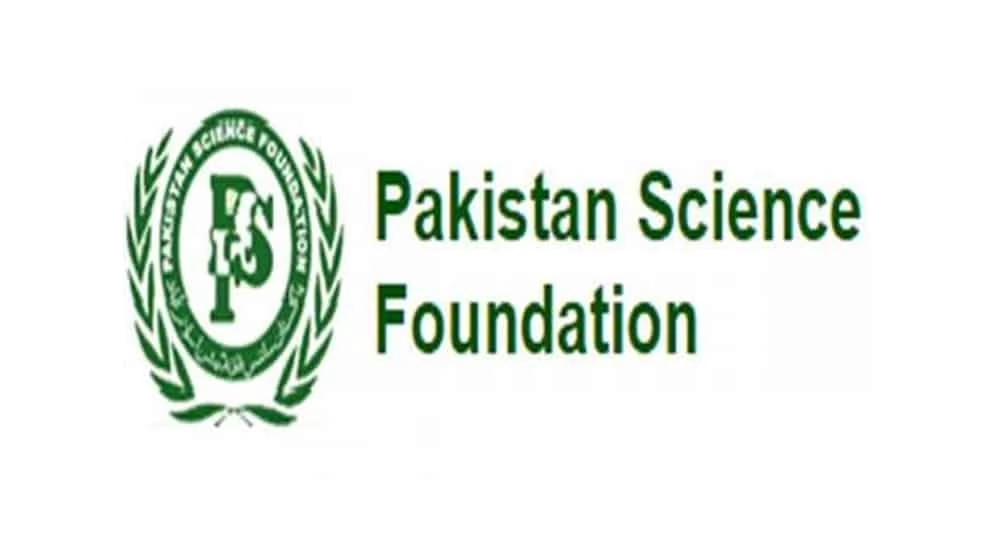PSF has announced the initiation of its Competitive Research Programme (CRP), inviting research proposals from faculty members and researchers of public sector institutions.
In a bid to bolster academia-industry collaboration, the Pakistan Science Foundation (PSF) has announced the initiation of its Competitive Research Programme (CRP), inviting research proposals from faculty members and researchers of public sector institutions. This move aims to bridge the gap between theoretical knowledge and practical application, fostering innovation and technological advancement within Pakistan.
This program seeks to facilitate collaborative research ventures under the umbrella of the Memorandum of Understanding (MoU) between the Pakistan Science Foundation and The Scientific and Technological Research Institution of Turkey (TUBITAK). The CRP, designed to promote synergy between academia and industry, targets fields such as Artificial Intelligence (AI), the Internet of Things (IoT), Electric Vehicles, and Oceanography.
Speaking on behalf of the PSF, an official highlighted the significance of this collaboration, emphasizing its potential to drive scientific and industrial progress in both nations. The MoU mandates the participation of HEC Chartered/Recognized Universities and Public Sector Research Institutions, specifically inviting regular faculty members and researchers to join hands with industry stakeholders.
The call for research and development proposals opened on March 18 and will continue until June 03. This timeline provides ample opportunity for interested parties to formulate and submit their project ideas. The overarching goal of this initiative is to deepen the bonds between Turkish and Pakistani scientists and researchers, fostering cross-border partnerships that fuel innovation and economic growth.
In adherence to the general guidelines outlined by the PSF, interested parties are required to submit their proposals through the Research Grant Management System (RGMS). On the Turkish side, proposals should be routed through TUBITAK’s Project Application System, ensuring a streamlined and efficient process for evaluation and selection.
The CRP represents a strategic endeavor to harness the collective expertise of academia and industry in pursuit of scientific breakthroughs and technological innovation. By encouraging collaborative research projects, the PSF aims to address pressing societal challenges while also nurturing a culture of innovation and entrepreneurship.
The inclusion of diverse fields such as AI, IoT, Electric Vehicles, and Oceanography underscores the program’s commitment to tackling multidimensional issues and fostering interdisciplinary collaboration. Through joint research endeavors, participants will have the opportunity to leverage their respective strengths and resources, driving meaningful progress in their chosen areas of focus.
Furthermore, the CRP serves as a platform for knowledge exchange and capacity building, facilitating the transfer of skills and expertise between Pakistani and Turkish researchers. By fostering a vibrant ecosystem of collaboration, the program aims to lay the groundwork for sustained scientific and technological advancement in both countries.
As the deadline for proposal submission approaches, stakeholders are encouraged to seize this opportunity to contribute to the advancement of knowledge and innovation. The PSF remains committed to supporting collaborative research efforts that have the potential to generate tangible benefits for society and drive economic growth.
In conclusion, the Competitive Research Programme spearheaded by the Pakistan Science Foundation represents a concerted effort to promote academia-industry cooperation and drive scientific and technological innovation.
By fostering partnerships between researchers and industry stakeholders, the program aims to unlock new avenues of discovery and address pressing societal challenges. As Pakistan and Turkey join forces in pursuit of scientific excellence, the stage is set for transformative breakthroughs that will shape the future of both nations.
